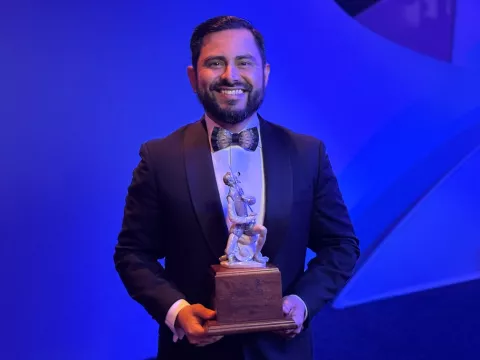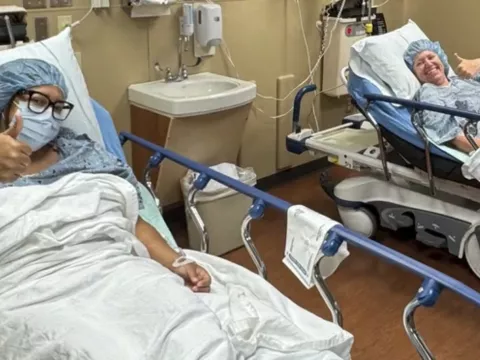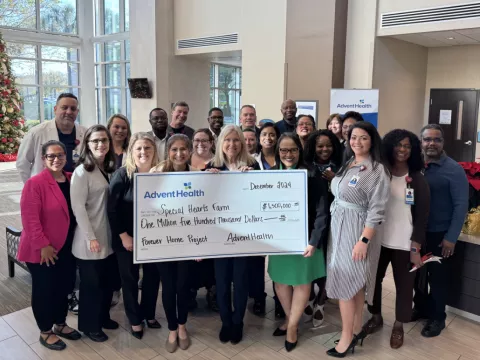- Kristi Powers
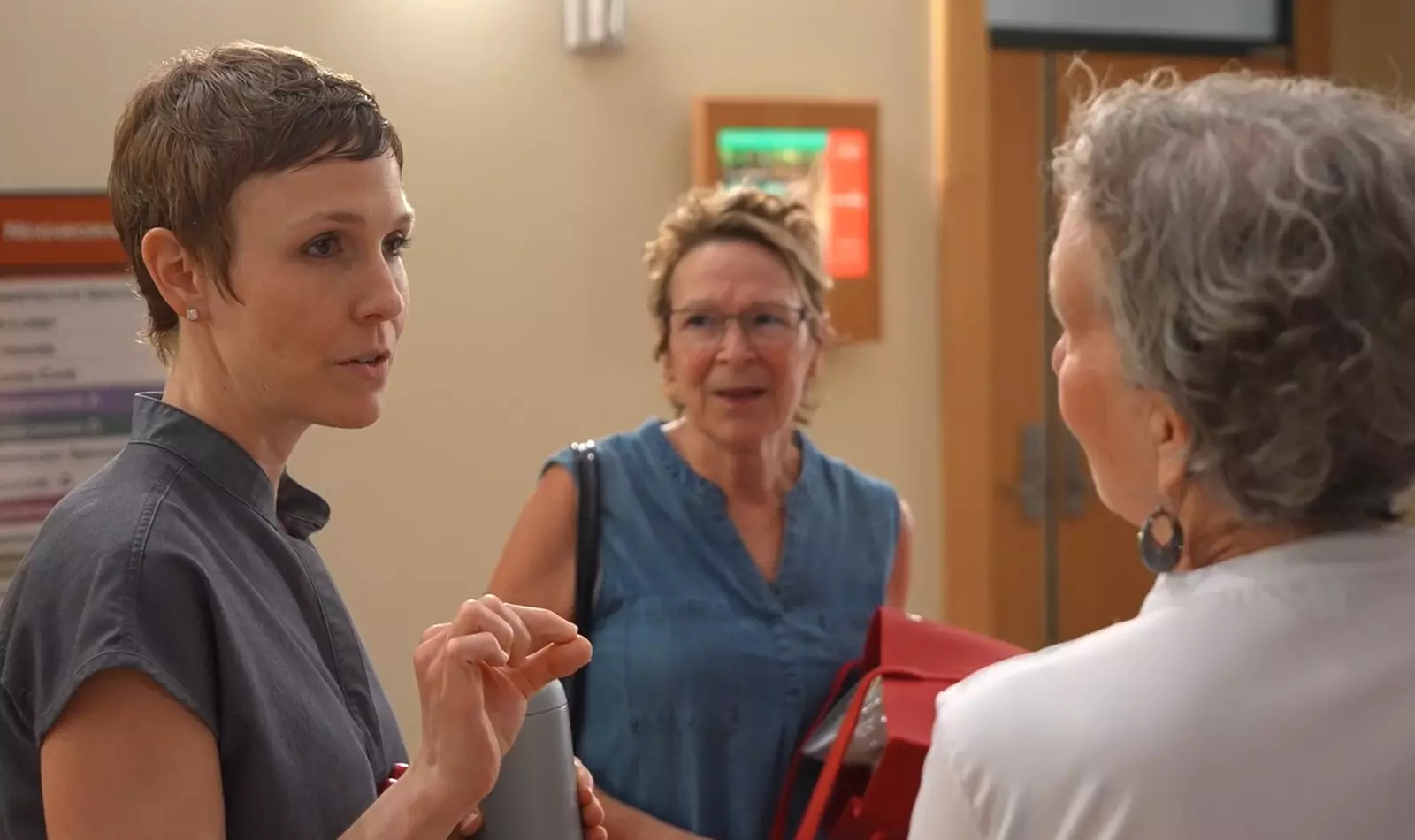
Vanessa de la Rosa Martinez was a young, vibrant American living the average Gen Z life at 29 and then one day life changed – she was diagnosed with breast cancer. She had no family history.
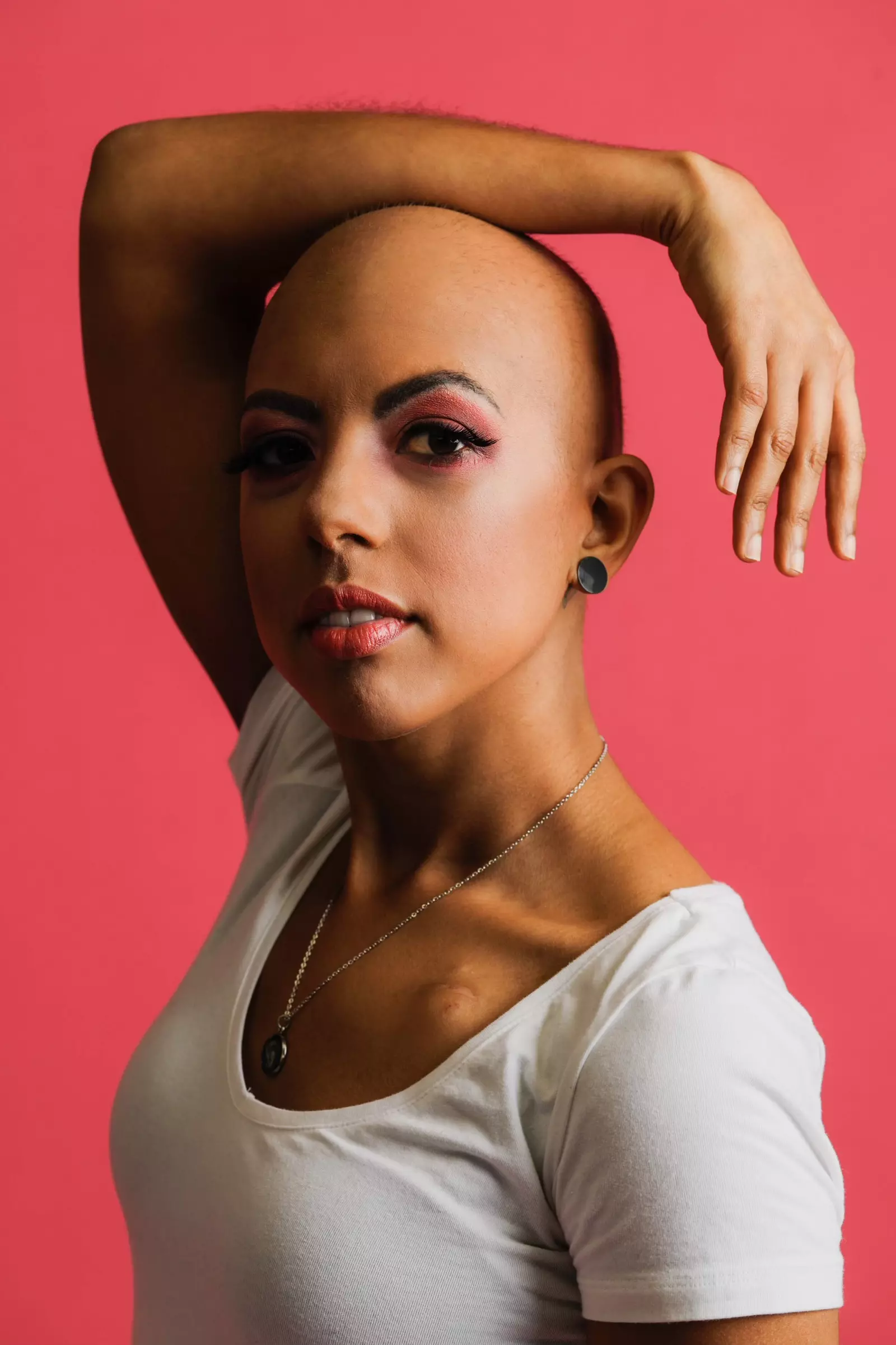
"I broke down into tears," she told WMFE. "My first thought was, oh, my God, I'm going to do chemo, and I was very, very surprised and shocked, thinking about losing my hair and the picture of chemotherapy."
Unfortunately, Martinez’s story is more common than many people think. According to a study recently published in Journal of the American Medical Association (JAMA) breast, colon and pancreatic cancer rates are increasing at concerning rates among young adults. Breast cancer accounted for the most cases in adults under 50 between 2010 and 2019, but gastrointestinal cancer rates grew fastest among the early-onset cancers studied.
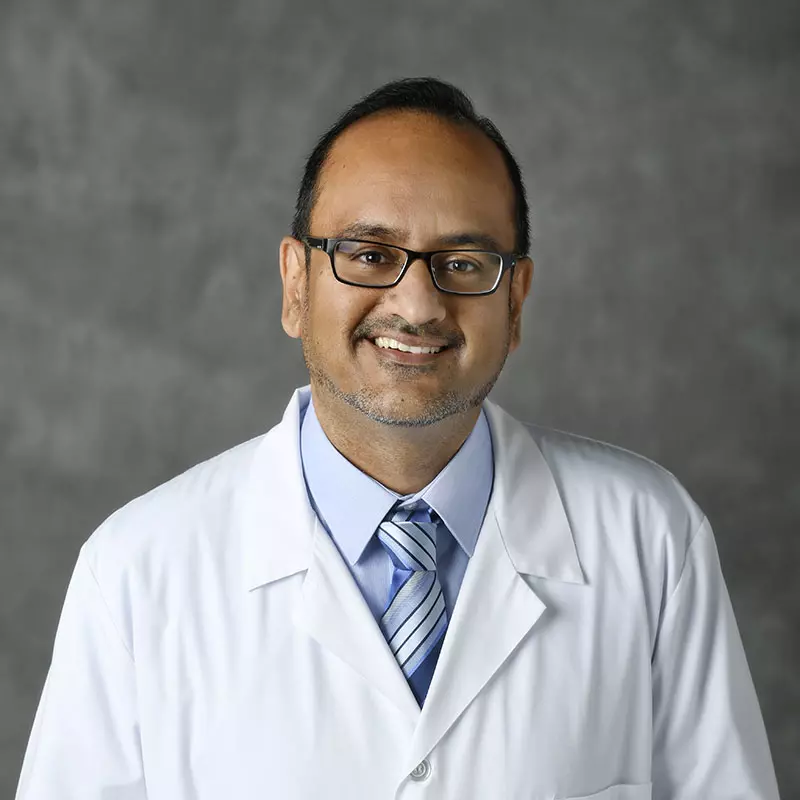
“It’s a clear trend, primarily in North America and Western Europe. It’s a trend that’s not related to a genetic risk … and it is related to lifestyle,” Dr. Mohamedtaki Tejani, medical director of the gastrointestinal oncology program at the AdventHealth Cancer Institute in Orlando, told the Becker’s Healthcare podcast.
"My whole career has focused on breast cancer, and the number of patients that are in their, sometimes 20s, but certainly, their 30s and 40s, does seem to be increasing," Dr. Amber Orman, a radiation oncologist at AdventHealth in Celebration discussed with WMFE.
Dr. Orman offered an answer during the Becker’s Healthcare podcast as to why this trend is happening – poor nutrition and obesity.
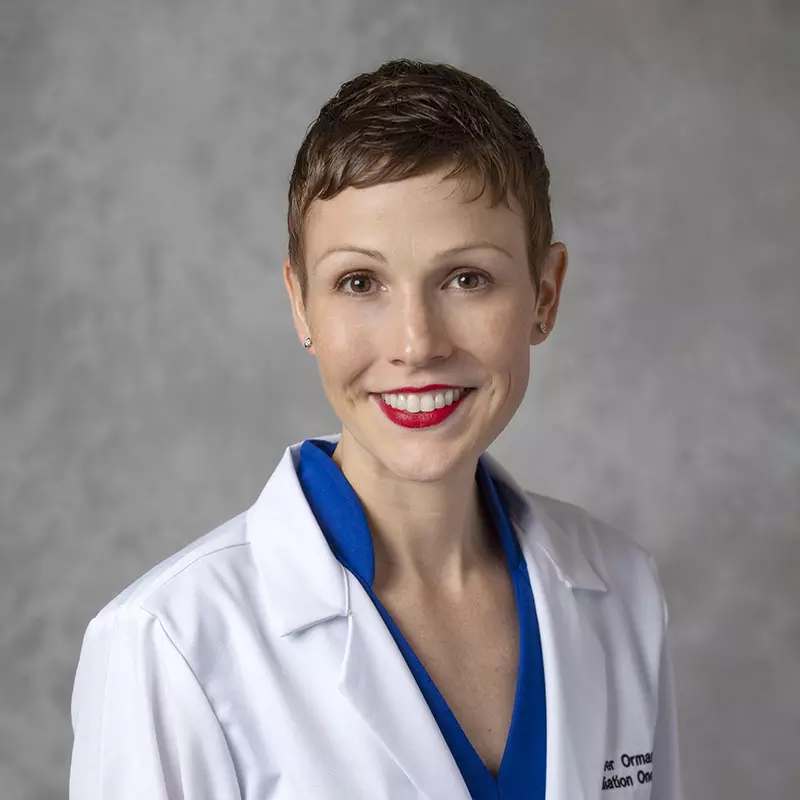
"Two-thirds of our population is qualified as overweight or obese. And that's a staggering number," she said. "That, in and of itself, is a source of inflammation for the body."
Dr. Tejani added that, “inflammation like obesity can contribute to developing a chronic disease like cancer.” Other lifestyle choices, such as sleep, social interaction and alcohol/tobacco also play a role increasing inflammation in the body.
In an effort to educate cancer patients, Dr. Orman created an 8-week program, called the HEAL program, which stands for Healthy Eating, Active Lifestyle. It’s designed to empower cancer patients alter their daily lifestyle habits to reduce recurrence.
Martinez became one of the first graduates of the HEAL program. She says she’s made huge lifestyle changes including the incorporation of a largely plant-based diet. Her favorite is a quinoa, spinach and kale bowl.
"(My favorites are quinoa, spinach and kale bowl) with bulgogi sauce and some carrots and a bunch of veggies - that's super cool, super delicious," Martinez said.
The HEAL program is open to all cancer patients in Florida. Those interested in learning more or registering can reach out to the program here.
Choose the health content that’s right for you, and get it delivered right in your inbox.
Recent News
The Inspiring Wholeness podcast explains how to start an exercise routine, stay motivated and build endurance safely, to find your inner Ironman.
As the world rang in 2025, AdventHealth for Women welcomed the very first babies of the new year.
Dr. Joseph Lopez, chief of pediatric head and neck surgery at AdventHealth for Children, was honored with the prestigious Professional of the Year Award at the 27th Annual Don Quijote Awards.
Giving back to his hometown, Dr. Ryan Day brings advanced robotic surgery to local patients, offering life-saving care close to home.
The holiday season can increase heart attack risks due to overindulgence, stress, and ignored symptoms, but Dr. Hector Lozano advises moderation, staying active, managing stress, and sticking to...
Transplant is AdventHealth Transplant Institute’s 5000th kidney transplant
Deputies from local fire and police departments dressed as elves as part of an eight-year long tradition bringing festive cheer to kids and families staying at the hospital this holiday season.
Deputies from local fire and police departments dressed as elves and dropped in to visit patients as part of an eight-year long tradition bringing festive cheer to kids and families staying at the...
AdventHealth is now using a fluorescent dye that lights up cancer cells during surgery, which is providing faster, more accurate treatment for patients.
The Ahn family’s life was turned upside down when their 5-year-old daughter suddenly started having 30 seizures a day. She had FIRES Syndrome, a one-in-a-million and potentially fatal diagnosis.
Investments will fund affordable housing in Bithlo and Seminole County, as well as job training programs at Special Hearts Farm and projects with The Salvation Army of Orlando and Cristo Rey Orlando...
On the newest Inspiring Wholeness podcast, Obie Diaz, local morning radio show host, shares how a routine physical eventually led to two open heart surgeries.



